As one of the main scientific institutions in the Czech Republic, the Institute of Microbiology of the Czech Academy of Sciences, which is comprehensively committed to basic research in the field of microbiology, is also involved in the South Bohemian Business Vouchers projects and offers the possibility of public cooperation.
Offer of expertise
The main research areas of the IM are biochemistry, physiology, molecular genetics of bacteria, yeasts and filamentous fungi, microscopic algae and immunological topics.
In these areas, researchers study in detail the production of biologically active substances, enzymes, regulatory mechanisms in controlling the differentiation of the growth of microorganisms, mechanisms involved in the transfer and modification of DNA, degradation activities of microorganisms, the photosynthetic system, developmental aspects of immunity, the pathology and treatment of autoimmune diseases, and the immunology of cancer diseases. We also offer development and feasibility studies of biotechnological processes.
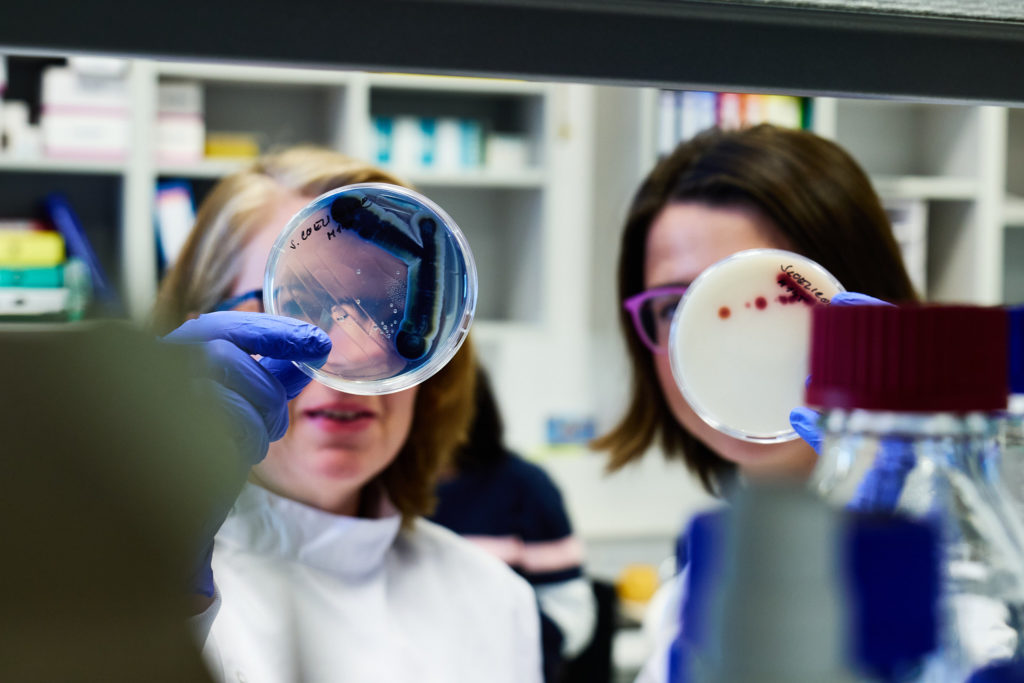
Areas in which we can help you
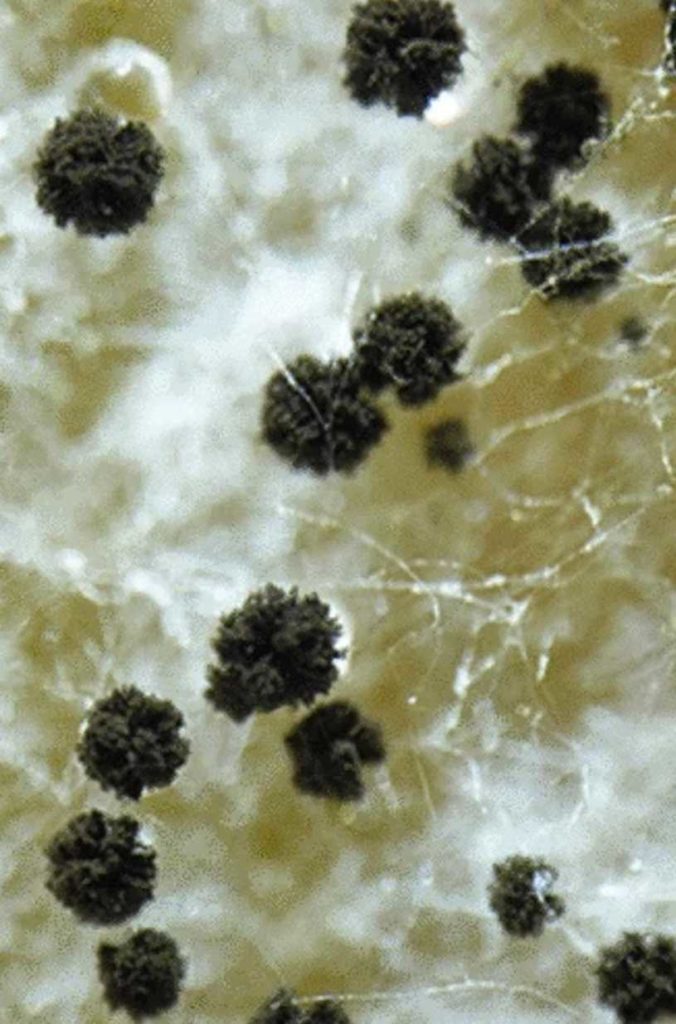
- physiology and genetics of mycelial actinomycetes and microbial eukaryotes
- emergence of resistance of microorganisms and biotransformation of natural substances
- molecular biology and genetics of prokaryotic and eukaryotic microorganisms
- regulation of gene expression, cell differentiation, mechanisms of cell aging
- physiological, biochemical and genetic characterization of enzyme systems of fungi capable of pollutant biodegradation
- emergence and development of the immune response, functional characterization of the immune system components and regulation of the immune response
- autoimmune and cancer diseases
- photosynthetic bacteria and microorganisms, green algae and cyanobacteria
- algae production technology, its optimization, product processing
- technology of cultivation of bacteria, yeasts and fungi including isolation and processing of their products
Examples of services offered
- production and characterization of recombinant antigens
- service identification of microorganisms using molecular genetic methods
- genetic and physiological characterization of commercial strains and verification of purity
- production, scale-up and DSP (downstream processes) of extracellular recombinant lipases and beta-lactamases
- development of pilot technology for the production of nutritional supplements, auxiliary bacterial products, recombinant oxidoreductases and aminooxidases
- development of fungal cultivation technology, transfer of technology from laboratory to semi-operational and operational scale, production and isolation of biologically active substances of secondary metabolites
- development of technology for the preparation of pure cultures for the biodegradation of soil and water pollutants
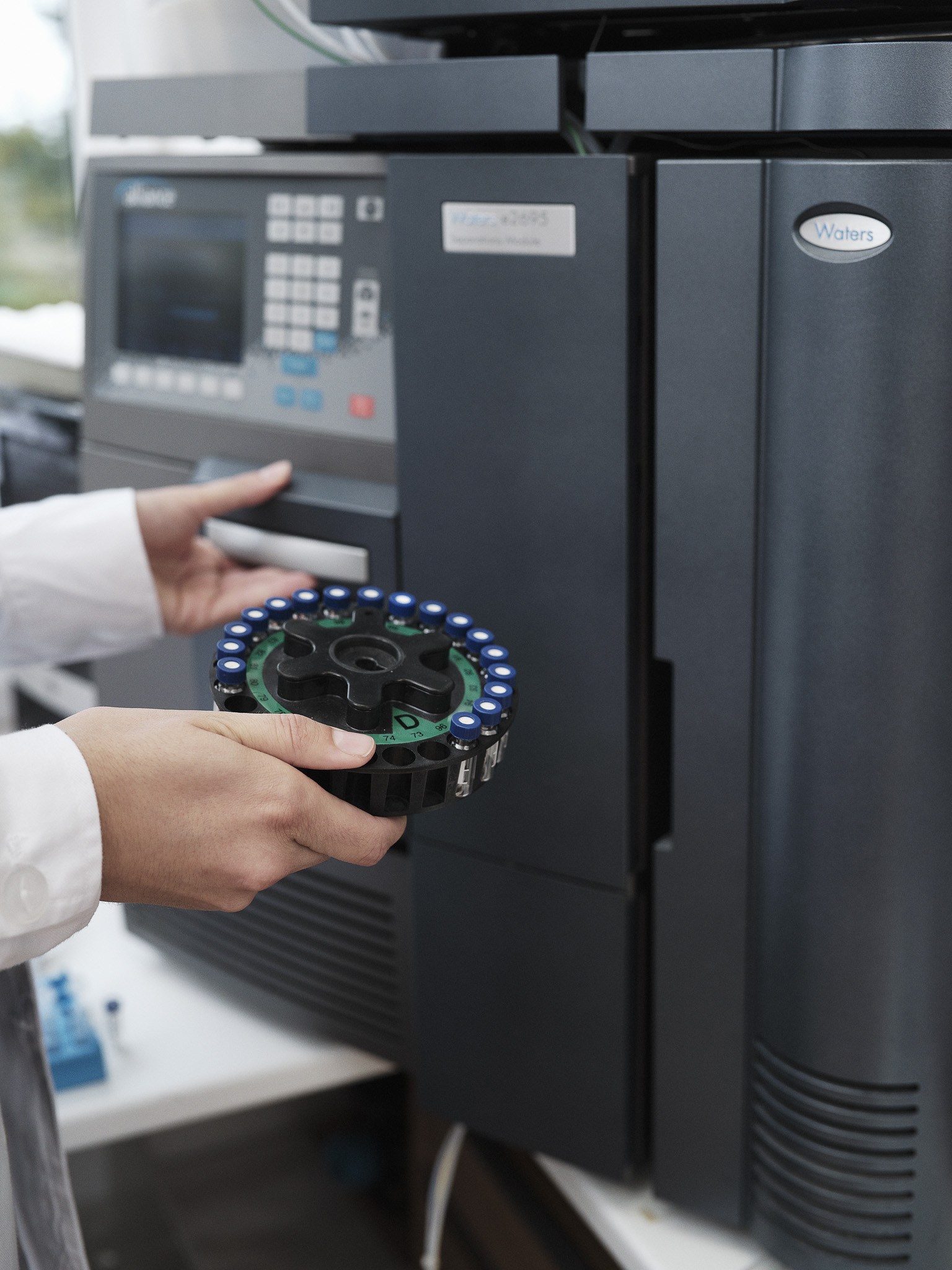
- optimization of cultivation procedures using the measurement of photosynthesis activity
- 2-D electrophoresis and analysis of 2-D electrophoretograms for all types of staining including radioactive labelling
- bioinformatic data processing
- NMR spectroscopy
- mass spectrometry
- liquid chromatography
- DNA isolation (plasmids, BAC, genomic)
- DNA quantification and qualification
- DNA amplification (PCR)
- DNA sequencing
- organism identification (ribosomal DNA, genes, markers, etc.)
- algae production technology, its optimization and product processing
Significant discoveries, awards and achievements
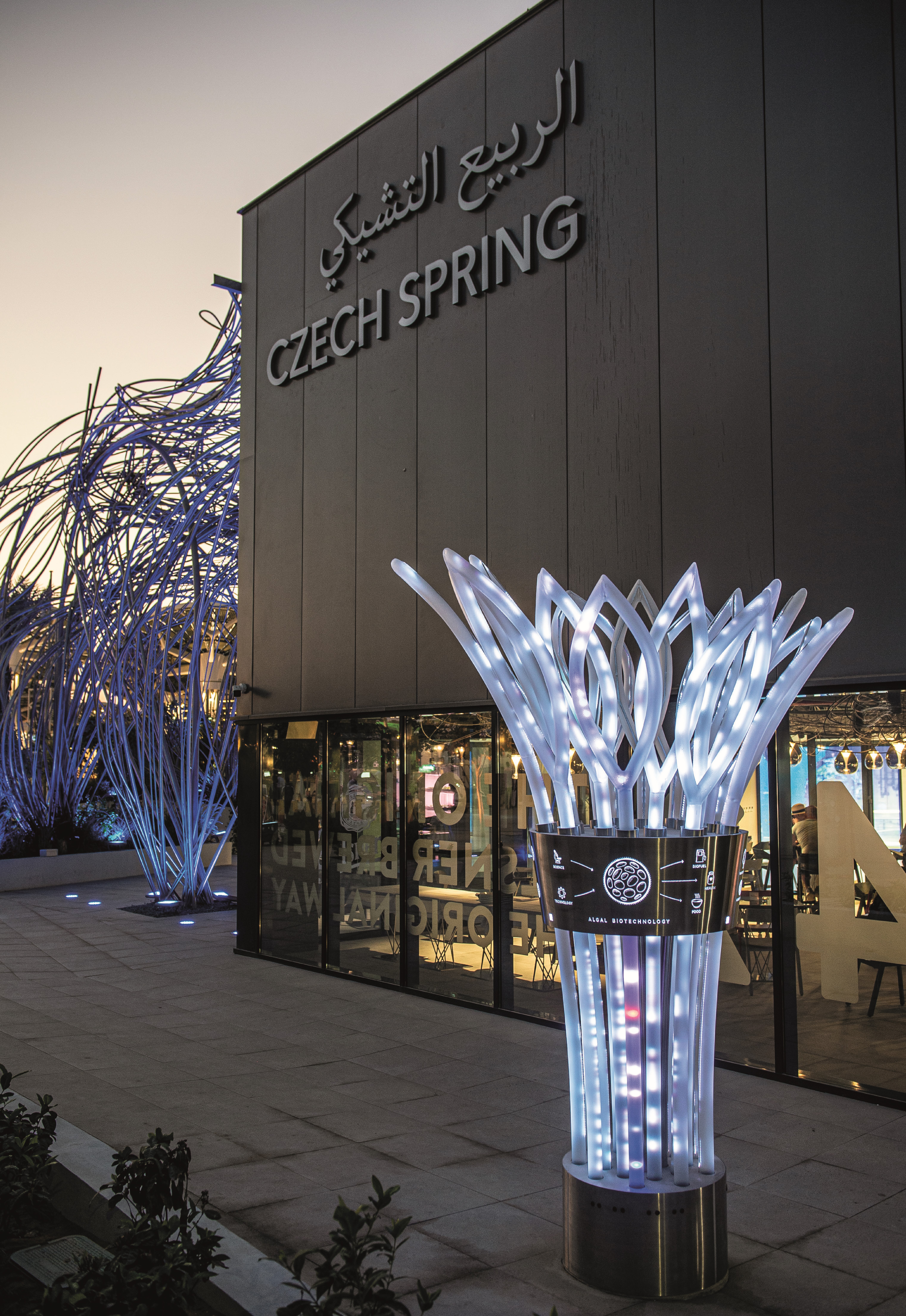
Institute of Microbiology at the world expo
EXPO Dubai 2020
Alga Oasis – an artistically rendered model of a photobioreactor for growing algae by multimedia artist Michal Kohút.

ČSAV award
In 1963
It was awarded to the Institute for the development of a procedure for preparation of a non-bacterial vaccine against anthrax (Department of Immunology).
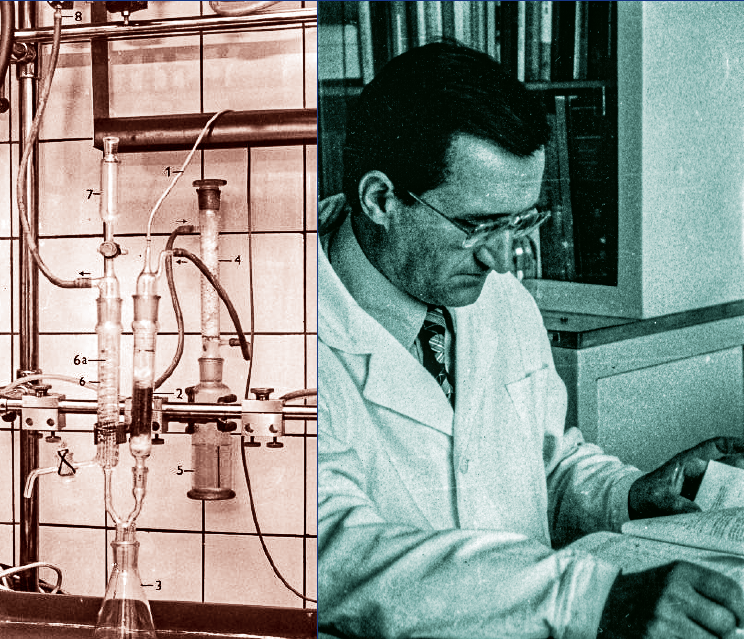
Continuous culture of microorganisms
Ivan Málek was the father of this method
The first technique of continuous microorganism culture was created at IM
(long-term study of the metabolism of microorganisms).
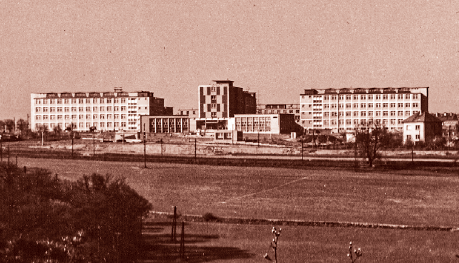
The discovery of mucidin
the only Czechoslovak antibiotic
A Czechoslovak antibiotic that entered clinical practice. It was discovered for human and veterinary medicine by Vladimír Musílek and his colleagues from Krč.